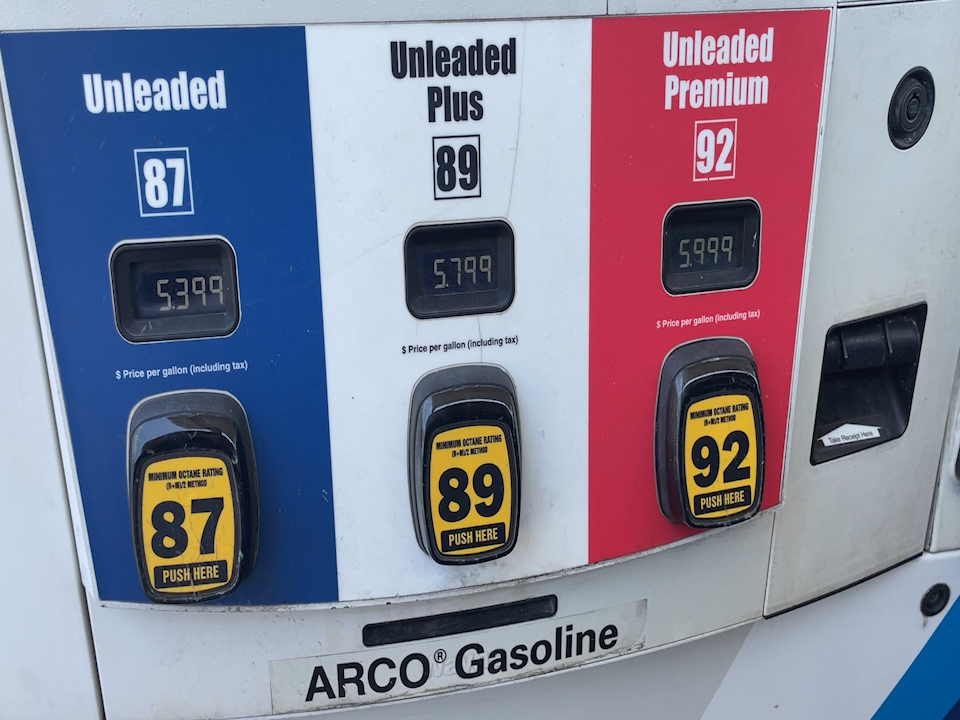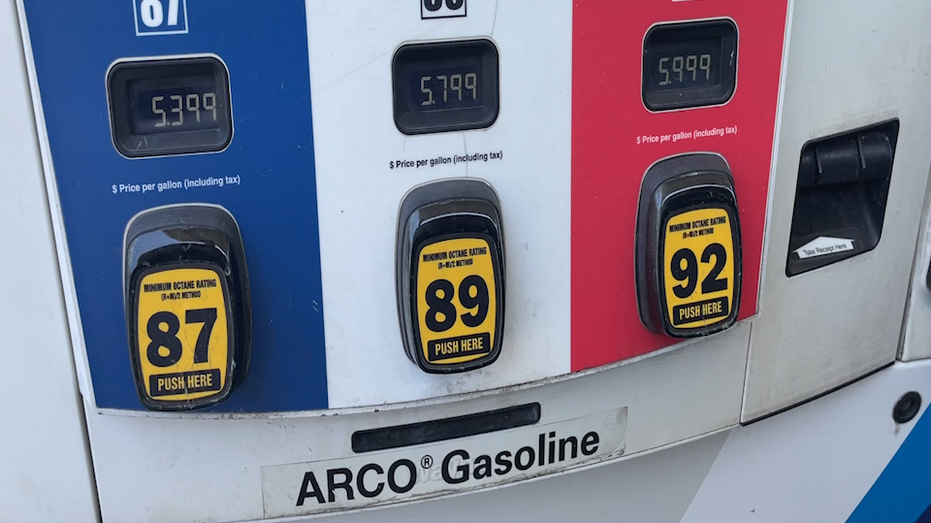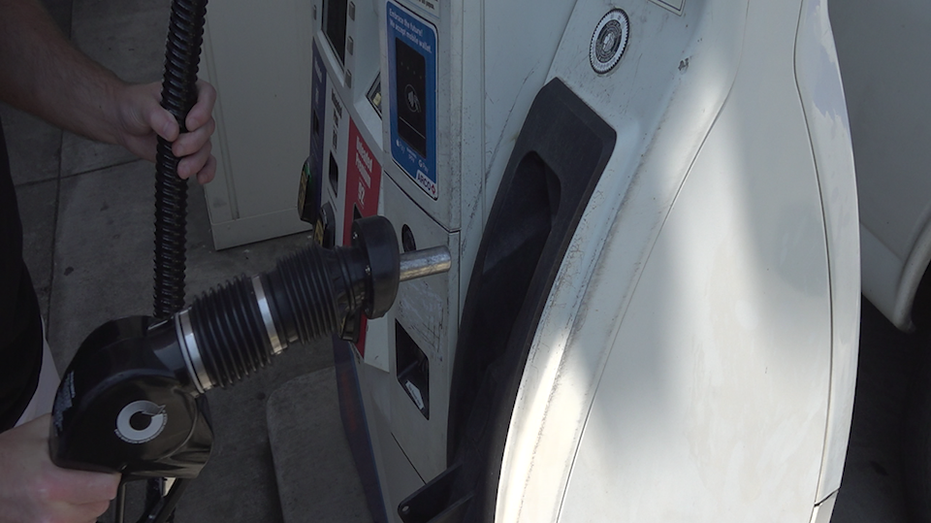Finance
Environmental policy contributing to historic gas price spike in Washington state: ‘Hit my pockets hard’

For the first time ever, Washington is the most expensive state in the country to buy gas and a new policy aimed at protecting the environment is a big reason why.
In January, Washington began a program aimed at limiting carbon emissions that requires fuel suppliers to either cut their greenhouse gasses or pay a price, but some fuel suppliers are passing along their increased costs to customers.
The average gallon of regular gas currently costs $4.98 in the state, according to AAA. That’s up $0.27 per gallon from one month ago and over $1.00 more than the national average.
“It has hit my pockets hard,” said Seattle resident Sharon Ocain. “When I put gas in my truck, I spend at least $80 just to be able to get back and forth to work for two days.”
FOURTH OF JULY TRAVEL EXPECTED TO BREAK RECORDS
The “Cap and Invest” program requires field suppliers to buy allowances based on how much greenhouse gas they emit. The program plans to reduce the number of available allowances over time, essentially making pollution more expensive for companies.
“You put an additional price on activities that use or are associated with the emission or greenhouse gasses.” said Josiah Neeley with R Street Institute. “And that is supposed to encourage people to not do those behaviors, to switch to alternatives. And that’s going to reduce emissions over time.”
But that doesn’t mean consumers are happy about it.
OREGON LAWMAKERS VOTE TO END BAN ON SELF-SERVE GAS

GAS PRICES COULD SPIKE AFTER SAUDI ARABIA OIL PRODUCTION CUT
“That definitely sucks, because the consumer’s paying more for gas,” said Seattle resident Chip Conyard. “I’ve definitely paid attention to it.”
“It shouldn’t have to fall on us, really,” Ocain added. “Because in our society right now, it’s hard to live.”
In order to survive amid the hefty price tag on gas, residents might have to change their habits or the vehicle they drive, Neeley explained.
“Historically, what you see is, over time, people buy more fuel efficient vehicles,” Neeley said. “They buy more hybrids, maybe they figure out how to make fewer trips.”

The University of Washington reported other reasons for the spike in gas prices include a rise in demand during the summer and maintenance work being done on a major pipeline in the state.
Read the full article here


















